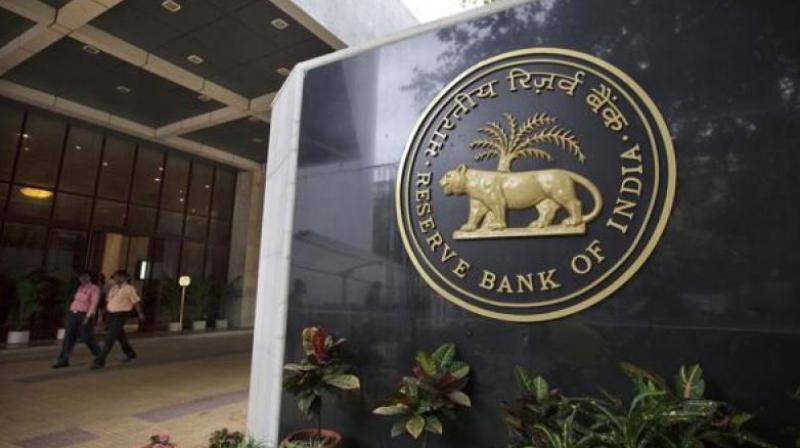Win-win for govt and RBI as crisis defused

The fears that the Reserve Bank of India’s board meeting, that lasted a marathon nine hours on Monday, would see fireworks from the government’s activist nominee S. Gurumurthy were obviously unfounded. However his stamp was clearly visible in the decision to appoint a committee of experts to decide the RBI’s Economic Capital Framework (ECF), a restructuring scheme for stressed MSME borrowers with aggregate credit facilities of up to Rs 25 crores, and restore the health of banks under the Prompt Corrective Action (PCA) framework. The details aren’t known yet, but it is likely that if the PCA banks are permitted to lend, which the government wants, it could only lead to the further creation of non-performing assets. This should be a source of concern with banks already grappling with huge NPAs.
The perception that the government was eyeing the RBI’s funds for election purposes is ruled out since the committee’s report will be available only in the latter half of 2019. It is hoped the committee will have as its members people who will uphold the RBI’s stature and reputation and not toe the government’s political line.
In the end, it was a win-win situation for both the RBI and the government. Considering the barbs that flew back and forth in full media and public glare, the RBI came out with its independence unscathed and the government will get the funds it sought for helping MSMEs. There was obviously a lot of give and take during these nine hours, though internationally it is not uncommon for central banks to help out the government without sacrificing their independence.
That is what was really at stake at Monday’s board meeting — the independence of the RBI governor. The outcome established the advisory nature of the RBI board and the independence of its governor, Urjit Patel. The board, as one commentator said, should act as an advisory body and its members could apprise the governor of what actions needed to be taken, but it should be left to the governor to take it or not.
In the end, it was much ado about nothing. The nine hours did not produce any earth-shaking decisions. But since there was obviously a lot of discussion, it would be interesting to know what these were on and what part or parts of the agenda took the most time for a consensus to emerge. Perhaps it was a breakdown in the relationship between the Centre and the central bank that necessitated such lengthy discussions. Trust had to be rebuilt on both sides. It is good that all ended well and the remaining issues like liquidity will be discussed when the board meets again on December 14. After all, both entities are working for the good of the country and the people, though their methods may be vastly different.

